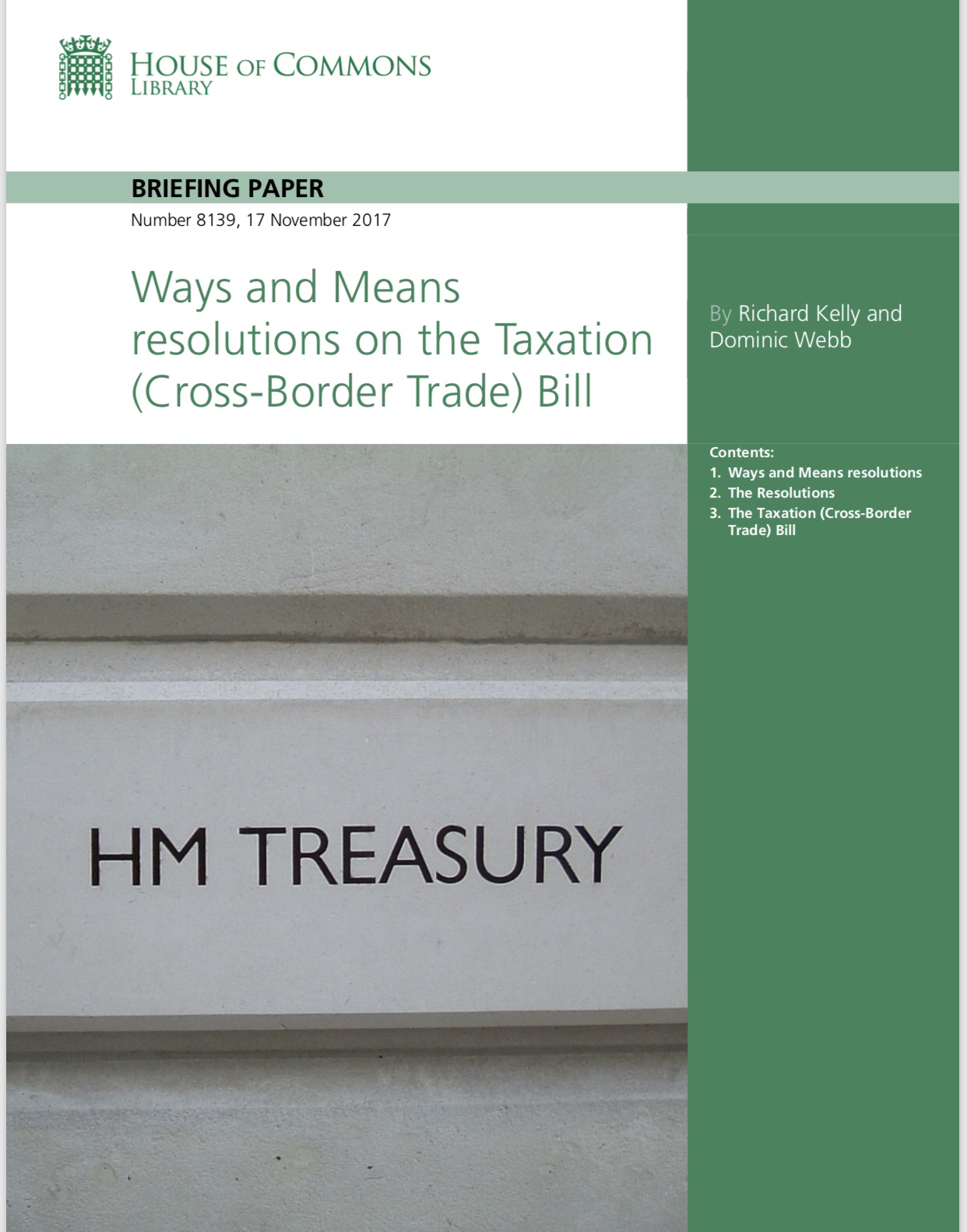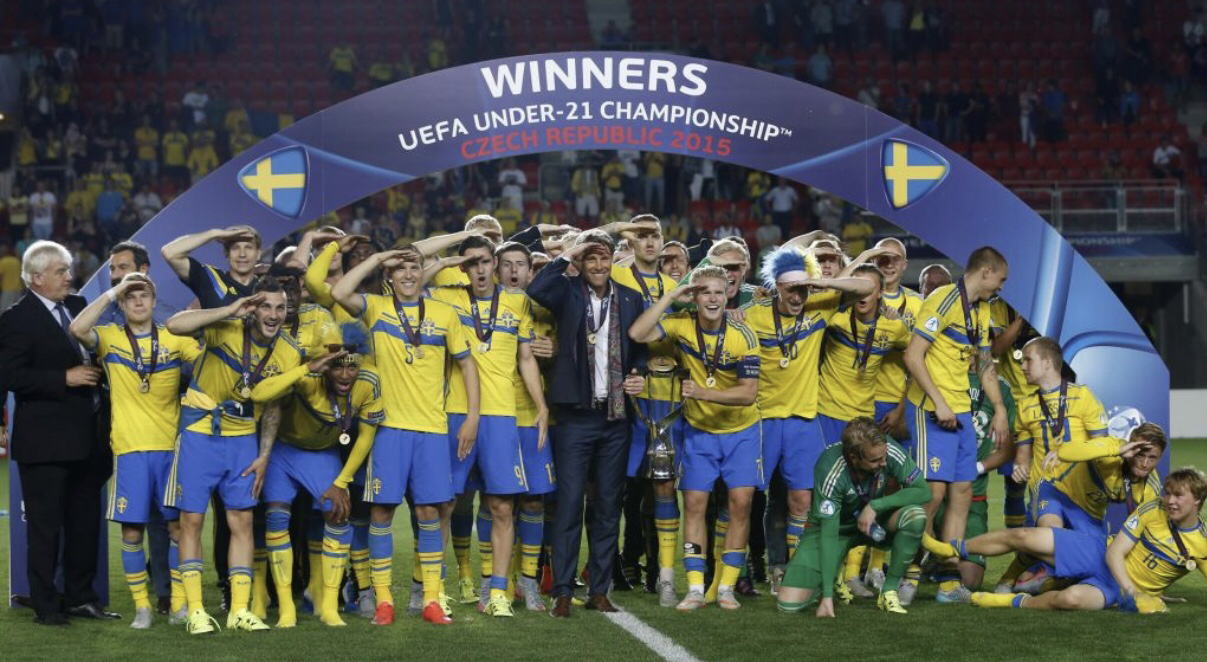I have always loved giving speeches and making presentations. It is one of my favourite moments in life. I have made presentations all around the world, the more people in the audience the better. I have spoken om fromt of 2500 people in Lissabon and 3000 in Shanghai. Loved it.
However I also know that some people hate it.

Bernard Marr has written some advise on speeches that I fully endorse.
Did you know more people fear public speaking than death? Perhaps fear is what causes people to default to unhelpful and filler comments during a presentation. I do a lot of public speaking and go to many events each month and over time I have picked up some things people say during their presentations that I believe you should avoid. While I can’t help you knock out the fear, here are my top 11 things to not say during a presentation.
1. “I’ll keep this short.”
First, if you say this, nobody will believe you. Second, if your presentation is informative and inspiring, length really doesn’t matter.
2. “I have a lot of information to go over.”
Note: This is NOT how to get your audience excited about your presentation. Warning your audience that you have a lot of information to go over induces immediate yawns.
3. “Hello, can you hear me?”
Test out the audio well before your audience arrives. You should already know that yes, in fact, your audience can hear you because you and the tech gurus tested it before your audience arrived.
4. “I didn’t have much time to prepare.”
And now you want them to hang on your every word? It’s not going to happen with such an uninspiring intro. You’re also disrespecting the attendees’ time by telling them that you aren’t bringing them your best.
5. “And these are my colleagues”
While it is admirable to show who else is on your team and who you work with, but a one-after-one intro is always welcome, you don’t really need to let the cat out of the bag about your nerves. It can cause people to prejudge your presentation and tune out.

6. “Um, I’ll have to read this slide to you because the font is really small.”
Presentation slides shouldn’t have dense text on them, nor should you read slides to the audience. And, you should always practice your presentation and know in advance of giving it live that there are problems with the visuals you plan to use.
7. “Um” and other filler words
This is certainly a hard habit to break, but practice makes perfect to eliminate filler words such as “uh,” “like” and “you know” from your presentation. They distract from your delivery.
8. “I’m very tired” or another excuse
Never start your presentation with an excuse. The audience just wants to get your very best, whatever that is for you on that day.
9. “Don’t take notes. I’ll post the presentation online later.”
Thank you for making the presentation available to others later, but it’s not your place to police how people interact with your presentation. It’s possible that they want to write down a thought that occurred to them as you present. Allow them to write, doodle, take pictures or notes to their heart’s content.
10. “I’m out of time, but I’ll just run through these 12 slides really fast.”
Worthwhile or waste of time? I say it’s the latter. Practice is key to avoiding this situation. Remember, focus on your message and make sure you deliver it. Getting through all the slides is not a requirement if you give the audience what they need to receive your message.
11. “Any questions?”
You should control the close, and it should not be an open invite for your audience to ask questions. Often they won’t have any or they won’t be on point with the lasting impression you want them to walk away with. You can ask for questions at other points in your presentation, but save the last comment for you to close and close strong with your most important point.
I hope next time you give a presentation, you avoid saying these 11 things. What have you heard people say time and time again when giving presentations that you wish the presenters would avoid?
House of Commons has last Friday, 17 November, published a paper on ‘Ways and Means resolution on the Taxation (Cross-Border Trade) bill’.
The summary says that the paper was prepared for the Ways and Means resolutions relating to the Taxation (Cross-Border Trade) Bill. These resolutions are before the House of Commons on Monday 20 November 2017. Ways and Means resolutions The Taxation (Cross-Border Trade) Bill
The Government has announced its intention to bring in a customs bill – the Taxation (Cross-Border Trade) Bill. This will include measures relating to customs, VAT and excise.

The Government set out its approach to customs in a position paper, Future customs arrangements, published in August. A Customs White Paper was published in October. The Government has already published a Trade Bill which contains provisions on areas closely related to those in this Bill. Most law relating to customs is contained the EU’s Union Customs Code (UCC) and its delegated and implementing acts. The UCC is an EU Regulation which is directly applicable in the UK. EU law also provides the framework for VAT and excise rules. The Taxation (Cross-Border Trade) Bill will allow the UK to operate a standalone customs, VAT and excise system after Brexit. Legislation is needed regardless of whether the UK reaches an agreement with the EU on customs. The Bill will allow for the possibility of no deal being reached.
The Customs White Paper said that the Bill will include a number of delegated powers. Customs are particularly relevant to trade across the Irish border. The Government has said it wishes to avoid physical border infrastructure, such as border posts. No agreement has yet been reached with the EU about how this can be achieved.
Sweden is for the loment ranked as number 18 in the world by FIFA.
Some people were surprised that Sweden beat Italy in the play-offs for the 2018 FIFA World Cup in soccer that will take place in Russia next summer. They shouldn’t be. Sweden has a new generation of players on the way.

This team has now beaten France, Italy and Portugal and it knocked out, not only Italy, but also Netherlands from the World Cup.
However, many of the players have already won tournaments.
This team of Sweden became European Champions in the 2015 UEFA U-21 European Cup after beating France, Germany, England, Italy, Denmark and Portugal.

In the 2013 FIFA U-17 World Cup Sweden finished in third place after beating Argentina with 4–1 in the third-place match.
And there are even more extremely talented players on the way up, like e.g 18 year old Alexander Isak playing forst team football for Borussia Dortmund and 18-year old Joel Asoro playing for Sunderland that made his first Premiere League start being only16 years old.

in addition Matthias Svedberg, born 99, a highly gifted midfielder.
So you can expect even more success for the Swedish national team in the years to come,






You must be logged in to post a comment.